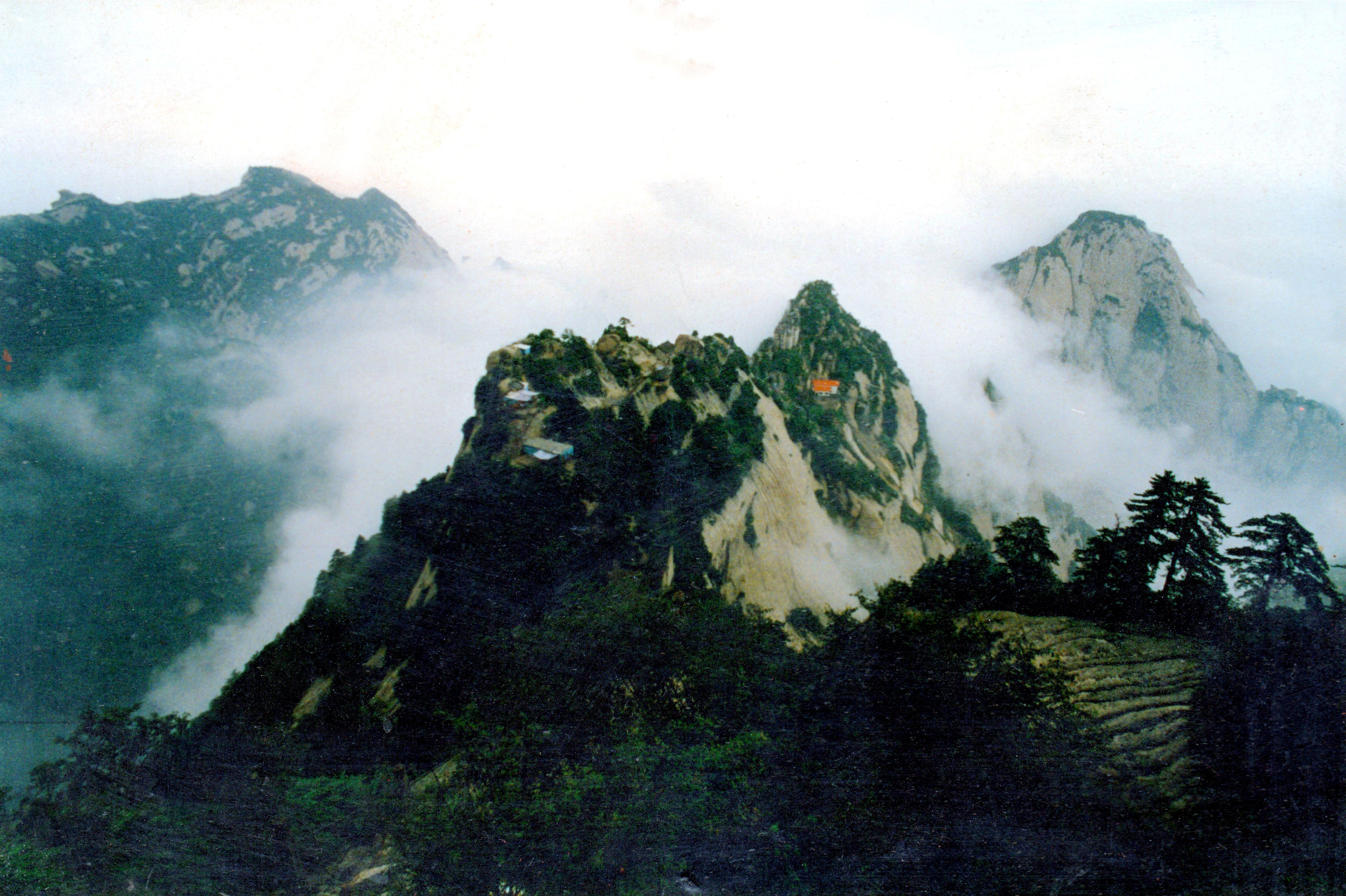Scientist from 11th century ‘was first to recognise climate change impact’
Shen Kuo noticed bamboo plants growing in conditions he thought impossible

An 11th-century polymath was the first person to recognise the impact of climate change, a scientist has suggested.
Shen Kuo was a scientist from the Northern Song Dynasty in the Zhejiang province of northern China.
Kuo wrote about how a landslide exposed a cavity in a riverbank in the Shaanxi province in 1088.
In the province, conditions were not suitable for bamboo to grow, but when Kuo visited, he found the bamboo plants “had turned to stone”.
The scientist concluded that the climate in the area must have been changed.

Simon Clark, a science communicator, discovered this account while he was writing his book Firmament.
Speaking to the New Scientist, Mr Clark said Kuo’s writings are arguably the first written account of how the climate can change in specific spaces over a period of time.
Palaeoclimatology, the study of past climates, was also seen in the 17th century by Robert Hook who argued that fossils in giant turtles found in Dorset suggested the climate must once have been much warmer.
More recently, the climate crisis has been in sharp focus after Britain experienced the driest year so far since 1976.
On Monday morning, Just Stop Oil protestors glued themselves to the Mall outside of Buckingham Palace to draw attention to the rapidly warming climate which is already wreaking global devastation.
Speaking to the Independent, Alex De Koning, 24, said: “The idea is to continue this until our demand is bet. We are going to be here every day for the rest of October.
“This is what is needed to make change. We cannot take this anymore. This is how history happens.”
He added that the climate is in a “dire situation right now”.
He said: “40C in London, wildfires in France being put out with liquid manure because they ran out of water, 27C in the North Pole - so hot you can take your jumper off in the North Pole. It’s terrifying.”






Join our commenting forum
Join thought-provoking conversations, follow other Independent readers and see their replies
Comments